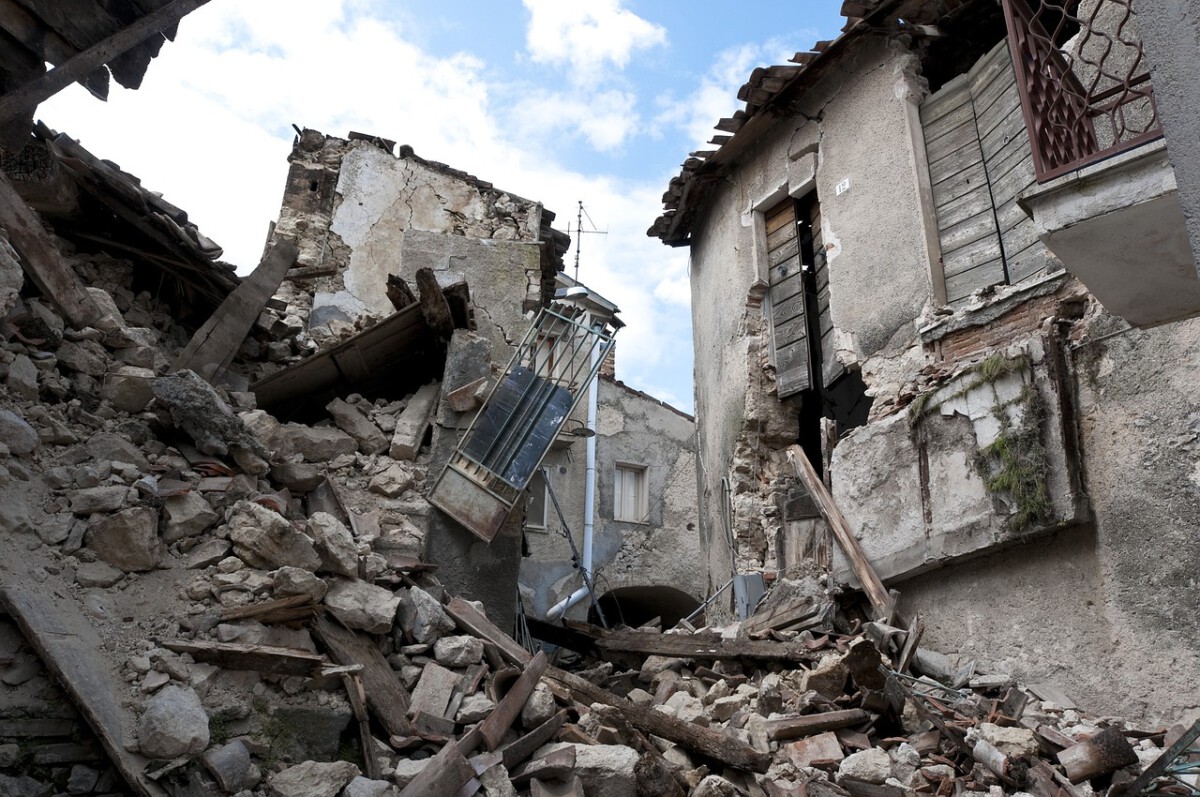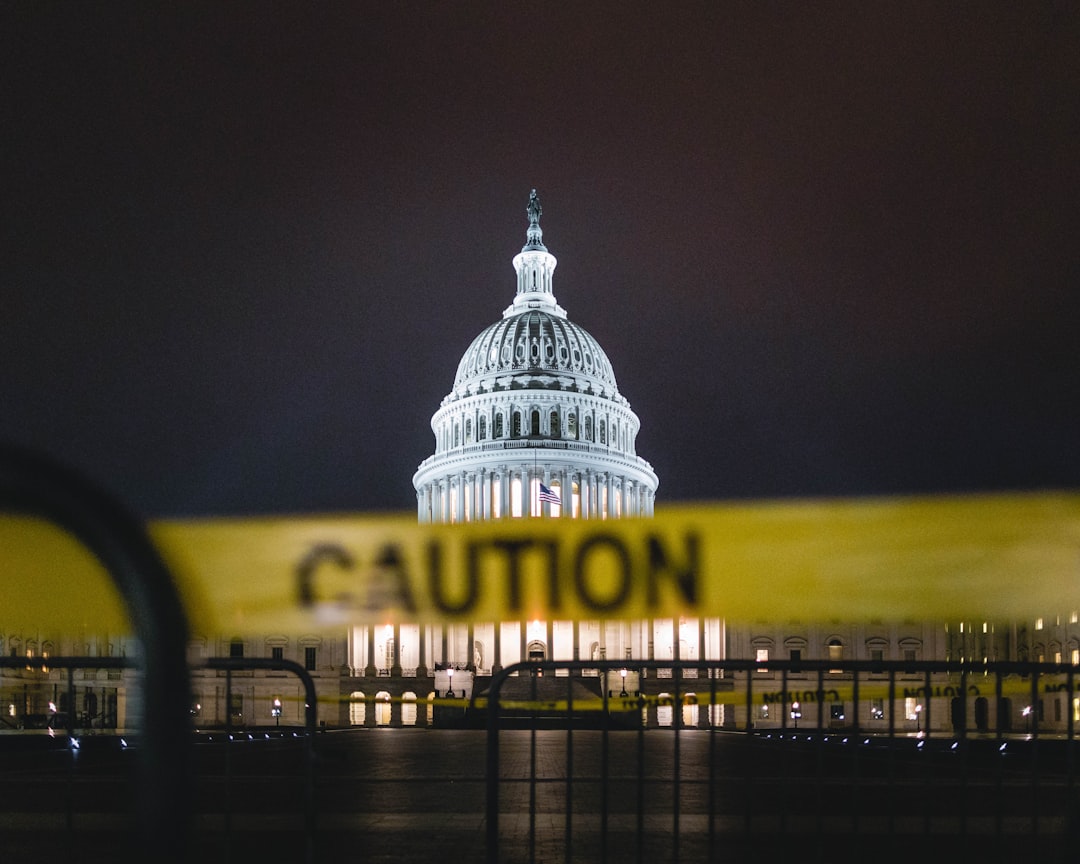The Rise of Travel Shaming

It’s hard to scroll through your social feed these days without stumbling upon a heated debate about travel. In the past year, “travel shaming” has reemerged with unexpected force, especially on platforms like Twitter and Instagram. People are openly criticizing others for their vacation choices, whether it’s flying across the country during a heatwave or posting poolside selfies while wildfires rage nearby. According to a recent MMGY Global survey, 62% of travelers reported feeling judged for their travel decisions in 2024. The conversation isn’t just about envy or lifestyle differences—it’s deeply tied to evolving ideas of global responsibility and environmental consciousness. The pandemic may have faded, but the scrutiny over travel habits is more intense than ever. The debate has left many wondering if it’s even possible to travel without facing backlash.
Social Media’s Role

Social media acts like a megaphone, amplifying every opinion about travel—good and bad. Platforms such as TikTok and Instagram have become the frontlines for travel shaming, where a single photo can ignite thousands of angry comments. Influencers, in particular, are under the microscope. When one high-profile TikToker posted about a luxury trip during a natural disaster, her post racked up over 100,000 critical comments in just days. Hashtags like #TravelShaming and #VacationGuilt have trended repeatedly, showing how quickly public sentiment can turn against even the most beloved personalities. The speed at which outrage spreads online is dizzying, making it nearly impossible to escape judgment if your travel plans aren’t deemed “appropriate.” In today’s hyperconnected world, everyone’s a critic—and everyone’s travel choices are fair game.
The Impact of Climate Change

Climate change isn’t just a political issue—it’s a deeply personal one, especially when it comes to travel. With more people aware of the environmental cost of flying, those who travel frequently often find themselves under fire. In 2024, a report from the Global Carbon Project highlighted that aviation was responsible for 2.5% of global CO2 emissions. Environmental activists have become more vocal, arguing that unnecessary trips are incompatible with a planet on the brink. The pressure to justify travel choices has never been higher. Travelers who ignore these concerns risk being labeled selfish or out of touch, even if their reasons for travel are deeply personal. The conversation has shifted from individual enjoyment to collective responsibility, making each flight feel like a moral dilemma.
Economic Disparities in Travel

Not everyone has the same opportunities when it comes to travel, and that’s adding fuel to the travel shaming fire. As flights and vacations become more accessible for some, the gap between those who can afford to travel and those who cannot has widened. The Pew Research Center found that 47% of Americans in 2024 believe that travel shaming disproportionately affects people with fewer resources. For many, a trip may be a rare chance to visit family or escape stressful conditions, not just a luxury. Shaming people for their travel can feel like a slap in the face to those already struggling. This reality makes travel shaming not just a question of ethics, but of equity—raising tough questions about privilege, access, and fairness.
The Mental Health Perspective

Travel isn’t just about adventure; for many, it’s a lifeline for mental health. Yet the surge in travel shaming has created a strange paradox. According to the American Psychological Association, 54% of people surveyed in 2024 said they felt guilty about traveling during uncertain times. This guilt can lead to anxiety, stress, and even depression. Travel is supposed to offer relief from daily pressures, but now it also comes with a side of judgment. Experts urge people to acknowledge both the personal benefits and the broader impact of their choices. The balancing act between self-care and social consciousness has never been trickier, and the pressure to “do the right thing” can make travel feel less like a joy and more like a minefield.
The Role of Influencers

Influencers live in the spotlight, and their travel habits are scrutinized more than ever. While they once inspired followers to book getaways, they’re now just as likely to face a barrage of criticism for where, when, and how they travel. Many have responded by shifting their content, with a 2024 Influencer Marketing Hub study showing that 70% of travel influencers are now highlighting sustainable tourism. They’re focusing on eco-friendly destinations, supporting local businesses, and promoting responsible travel. This shift reflects a new awareness of their platform’s power and the need to align with audience values. But it’s a delicate balance—one wrong post can still spark outrage, forcing influencers to constantly reevaluate how they share their journeys.
The Future of Travel Ethics

The conversation around travel is evolving fast, and ethical considerations are front and center. Experts predict that the future of travel will require a blend of personal freedom and social responsibility. The World Travel & Tourism Council has called for travelers to be more mindful of their impact, not just on the environment but also on local communities. This marks a shift toward a more conscious travel culture, where every decision—destination, mode of transport, even the souvenirs you buy—carries ethical weight. The era of “travel for travel’s sake” may be fading, replaced by a more thoughtful approach. This evolution is challenging, but it’s also sparking important discussions about what it means to be a responsible traveler.
The Role of Policy and Regulation

Governments and organizations are stepping in to address the challenges raised by travel shaming and its underlying issues. In 2024, several countries rolled out new policies to promote sustainable tourism, such as mandatory carbon offset programs for air travelers. These regulations are more than symbolic; they reflect a growing understanding that travel has real consequences for both people and the planet. Travelers now face a landscape where ethical choices aren’t just encouraged—they’re sometimes required by law. This changing regulatory environment means that travelers must stay informed, adapt to new rules, and think more carefully about their impact. As policy catches up with public sentiment, the travel experience itself is being reshaped.
Community Responses to Travel Shaming

Communities around the world are responding to travel shaming in creative ways. Some have launched campaigns promoting responsible travel, encouraging visitors to support small businesses and engage respectfully with local cultures. Others have spoken out against the culture of shaming itself, insisting that everyone’s circumstances are different and that empathy is needed. According to a 2024 report by the International Air Transport Association, 58% of travelers believe travel should unite people rather than divide them. These efforts highlight a desire for a more compassionate approach, where travel is celebrated as a shared human experience instead of a source of judgment. The pushback against shaming is gaining traction, suggesting that kindness might just be the antidote to outrage.
The Personal Toll of Travel Shaming

The impact of travel shaming isn’t just theoretical—it hits home for many people. Individuals who feel judged for their travel choices often withdraw, reluctant to share their experiences or even plan new trips. For some, the joy of exploring new places is overshadowed by fear of criticism. Mental health professionals emphasize the importance of creating a supportive environment where people can talk about their travels openly. The conversation about travel shaming is complex and ongoing, but one thing is clear: empathy and understanding are needed now more than ever. The stories we share—and the way we react to others’ choices—shape the future of travel for everyone.








